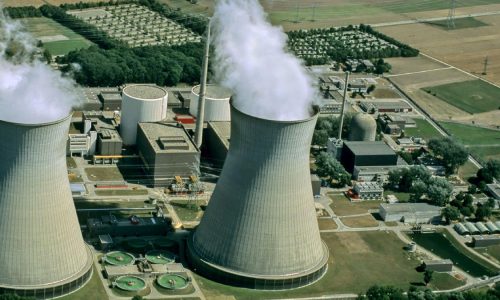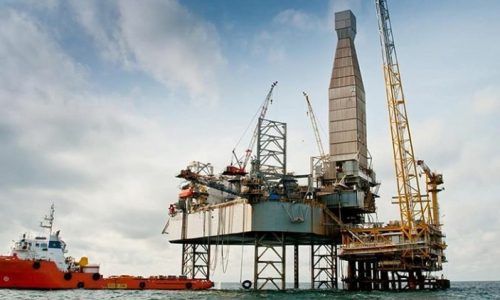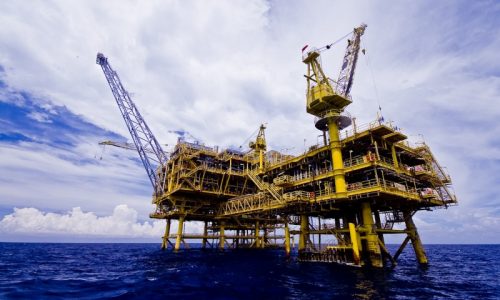PT PLN Indonesia Power, in collaboration with Saudi investors, is set to develop a Floating Solar Power Plant (PLTS) in Lake Singkarak, Tanah Datar regency, West Sumatra, with an investment of Rp50 trillion (US$3.15 billion).
This major renewable energy project aims to boost Indonesia’s clean energy capacity and is part of the country’s broader commitment to accelerating the transition to more sustainable energy sources.
“We will collaborate with Saudi investors to build a floating solar power plant in Lake Singkarak,” Andre Rosiade, Vice Chairman of the House of Representatives’ Commission VI, told the media in Padang, West Sumatra on Saturday, December 7, 2024.
The Commission VI, which oversees the Ministry of State-Owned Enterprises (BUMN), recently held a hearing with State power utilty PT PLN to discuss and follow up on this floating solar project.
Andre highlighted that the cooperation for the Lake Singkarak project is inspired by the success of the floating solar power plant in Cirata, Purwakarta, West Java.
PLN and its partners, including Commission VI, have discussed this plan in detail, and the implementation is now moving forward.
“The success of the floating solar power plant in Cirata will be adopted for the Lake Singkarak project,” Andre explained.
In the near future, Commission VI, PLN, and Tanah Datar regency officials will conduct a public outreach campaign to inform the local community about the project.
The goal is to ensure that the floating solar power plant project is well-supported and brings benefits to the people of Ranah Minang, especially those living around Lake Singkarak.
“The development of this floating solar power plant must benefit the community, not harm the environment or the Lake Singkarak ecosystem, and it should create job opportunities,” Andre emphasized.
According to the Ministry of Energy and Mineral Resources (ESDM), the government plans to develop two floating solar power plants: one in Lake Singkarak and another in Saguling Reservoir, West Java.
The floating solar project at Lake Singkarak will have a capacity of 90 megawatts (MW), while the Saguling project will have a capacity of 60 MW.
Both projects are part of the government’s commitment to increasing the use of clean energy and accelerating the transition to more environmentally friendly power sources.
These floating solar power plants are seen as key steps in Indonesia’s efforts to enhance renewable energy capacity, reduce reliance on fossil fuels, and contribute to the country’s sustainability goals.









